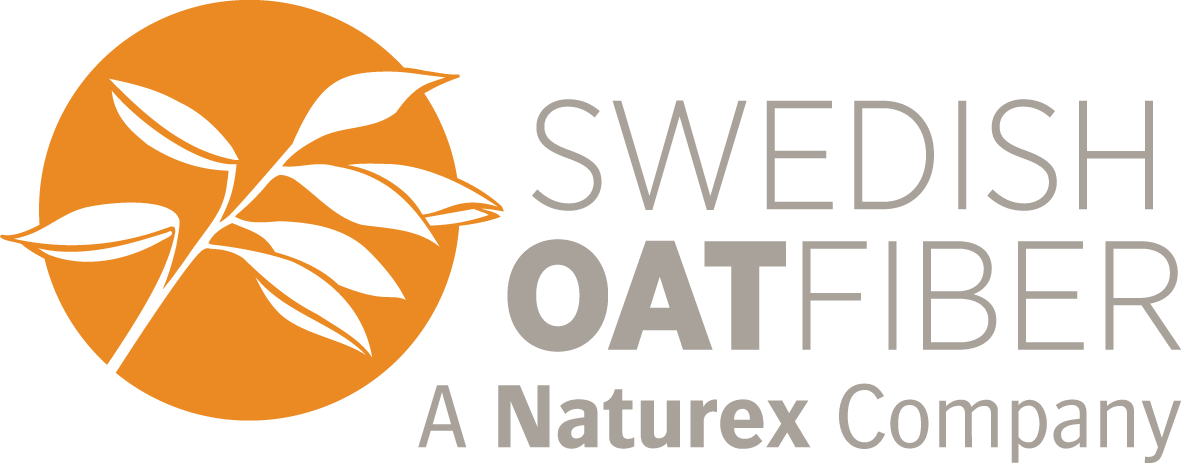Approvals
Swedish Oat Fiber has been at the forefront of legislative questions regarding health claims related to oat beta glucans. Many of the approved claims have been based on dossiers provided by Swedish Oat Fiber through its subsidiary CreaNutrition AG (nowadays part of Swedish Oat Fiber’s regular business) . This has led to numerous approvals and notifications all over the world, both of the products and the people behind the products. You may see some of them in the list below.
Labelling and consumer SAFETY
The current regulation on nutrition and health claim ruled by the European Commission is aiming to ensure a high level of protection for consumers and to facilitate their choice of healthier products. The product put on the market must be safe and adequately labelled.
In order to bear the claim the product must fulfill the conditions of use stated in the specific regulation (see below).
Furthermore, the use of nutrition and health claims shall only be permitted if the average consumer can be expected to understand the beneficial effects as expressed in the claim (Article 5).
It is also important to have in mind the following (Article 6):
"The competent authorities of the Member States may request a food business operator or a person placing a product on the market to produce all relevant elements and data establishing compliance with this Regulation."
By using SWEOAT beta-glucan products you will be on the safe side as a food manufacturer, always to have the best support and documentations behind a health claim on your product. It is specifically the SWEOAT beta-glucan ingredients that have been used in clinical studies in food matrices which have been examined by EFSA as a base for its recommendations.
Selected Approvals and Notifications:
- EU EFSA Claim Art. 13.1 Cholesterol:
“Regular consumption of beta glucans contributes to maintenance of normal blood cholesterol concentrations”. - EU EFSA Claim Art. 14 Cholesterol:
"Oat beta glucan has been shown to lower/reduce blood cholesterol. Blood cholesterol lowering may reduce the risk of heart disease." - EU EFSA Claim Art. 13.1 Blood glucose:
"Consumption of beta-glucans from oats contributes to the reduction of the glucose rise after a meal." - EU EFSA Claim Art. 13.1 Fiber:
"Oat grain fibre contributes to an increase in faecal bulk." - USA FDA Claim CFR 101.81:
Soluble fiber from certain foods and risk of coronary heart disease (CHD). - Australia & New Zeeland FSANZ Claim Standard 1.2.7:
Reduction of Cholesterol. - Indonesia BPOM Cholesterol:
"Oats soluble fiber could help in lowering blood cholesterol." - Indonesia BPOM Diabetes:
"Oats soluble fiber could help controlling blood glucose content on diabetic mellitus type II." - Indonesia BPOM Digestive system:
"Oats soluble fiber could help improving the colon health." - Malaysia MOH Cholesterol:
"Beta glucan from oat helps lower or reduce cholesterol." - Malaysia MOH Blood glucose:
"Oat soluble fiber (beta glucan) helps to lower the rise of blood glucose provided it is not consumed together with other food." - South Korea KFDA cholesterol:
"3 g of Oat Fiber in a daily dose improves cholesterol levels." - South Korea KFDA blood sugar:
"3 g of Oat Fiber in a daily dose helps to suppress the rise of blood sugar level after a meal."

